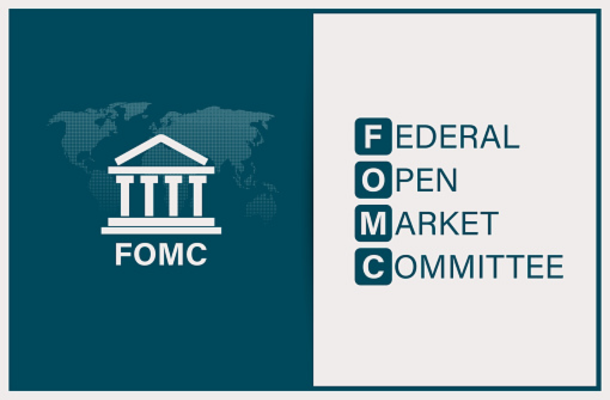
The Federal Reserve is facing a challenging decision as policymakers hold divergent views on prospective interest rate hikes, adding complexity to their efforts to manage inflation.
Policymakers are at odds regarding prospective rate increases.
Persistent inflation worries despite elevated rates.
Decisions depend on unstable economic data.
The tensions among Federal Reserve policymakers regarding the future direction of interest rates were evident in their September meeting. While the rates remained unchanged this time, the divisions hint at potential disputes moving forward. Currently, the key interest rate is at a 22-year high range of 5.25%-5.5%, presenting complex challenges for the Fed.
Following the September 19-20 policy gathering, it became apparent from the meeting minutes that a majority of Federal Reserve officials are inclined towards the possibility of another rate hike. This reflects their struggle with an inflation rate that shows resistance in returning to the 2% target. Despite raising the key interest rate 11 times since March 2022, the Fed's Open Market Committee (FOMC) remains divided on the necessity of future hikes. The central issue revolves around an elusive inflation target, despite the high interest rates and tightening financial conditions.
The minutes reflect the FOMC members' commitment to basing future decisions on incoming data rather than following a predefined path. However, uncertainties could arise, given the mixed signals from the economy, showcasing both resilience and vulnerability. An auto workers' strike and increased unemployment are becoming economic stress points. On a positive note, consumer spending has continued despite tightening credit conditions and the looming resumption of student loan payments.
The FOMC expressed concerns about inflation, particularly as they noted upside risks to prices. Data from the Labor Department confirmed these worries, with the producer price index (PPI) for September rising by 0.5%, pushing the 12-month PPI rate to 2.2%—exceeding the Fed's 2% annual inflation target. Furthermore, the expectations for the upcoming consumer price index indicate that headline inflation could reach as high as 3.6% in September, further complicating the Fed's strategy.
Despite the overall sentiment leaning towards cautious optimism, the diverse views among Fed officials point towards a potentially slower pace of rate hikes in the near term, dependent on incoming data. Market participants and policymakers will closely monitor key indicators like the consumer price index to assess the need for further tightening.
With no consensus yet on the necessity for more rate hikes, market volatility could increase as traders react to every new piece of economic data. This underscores the importance for investors to remain vigilant and adaptable to rapid shifts in policy and market sentiment.

Subscribe to our daily newsletter and get the best forex trading information and markets status updates
Trade within minutes!
Comment (0)